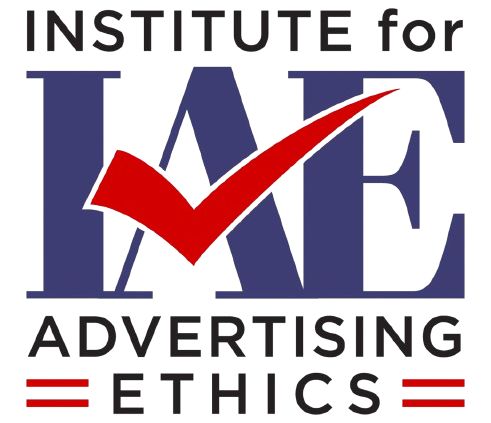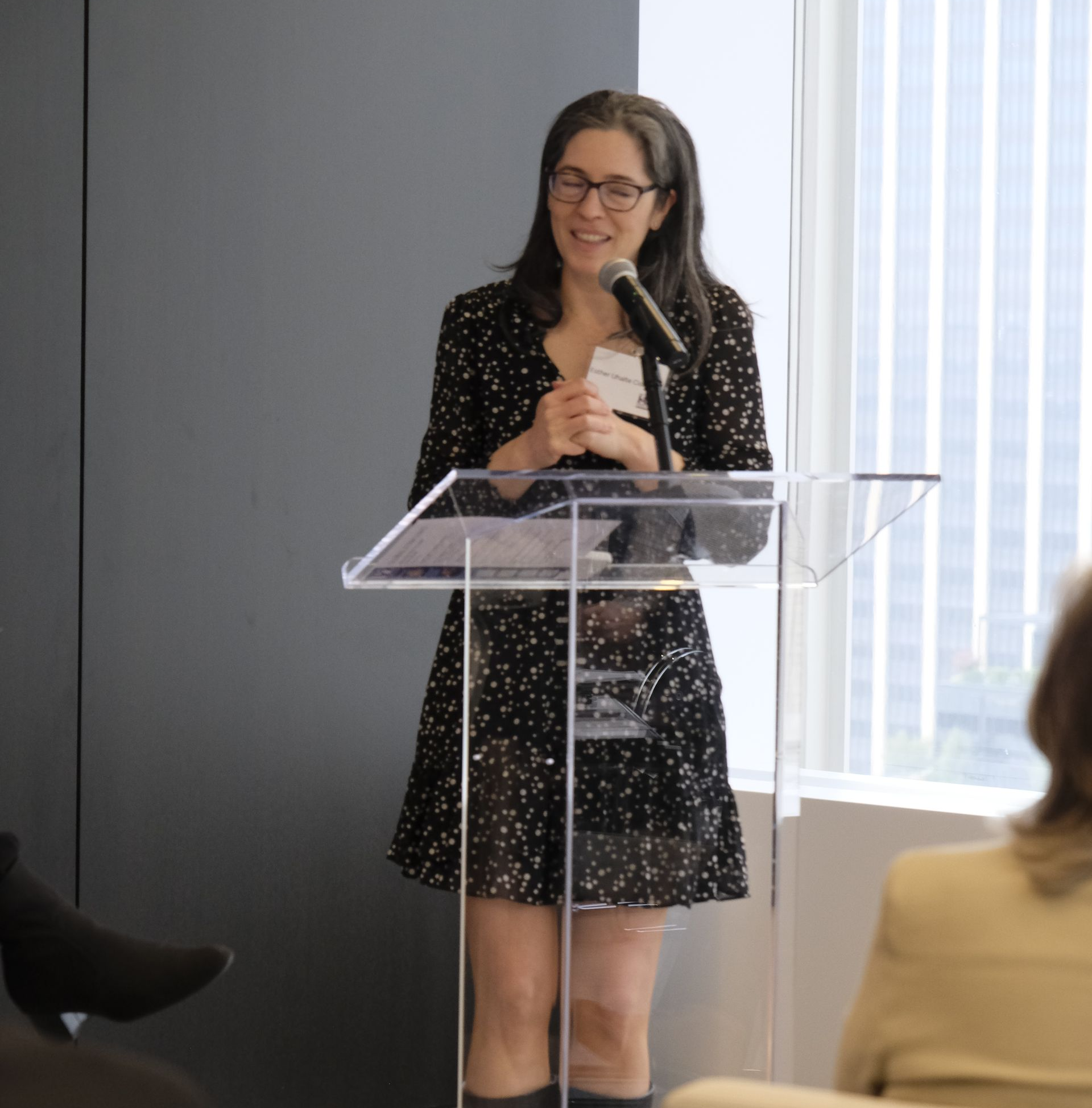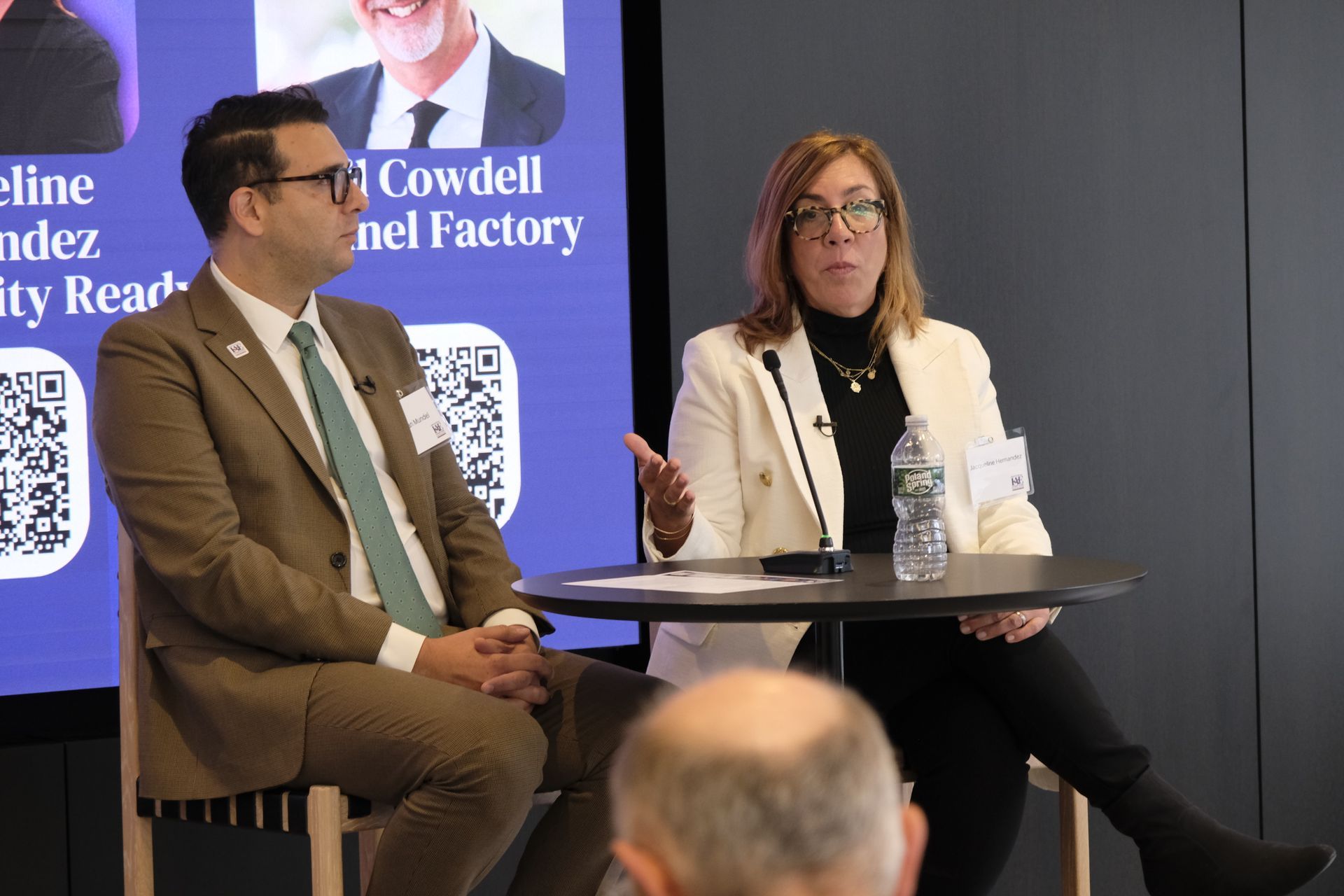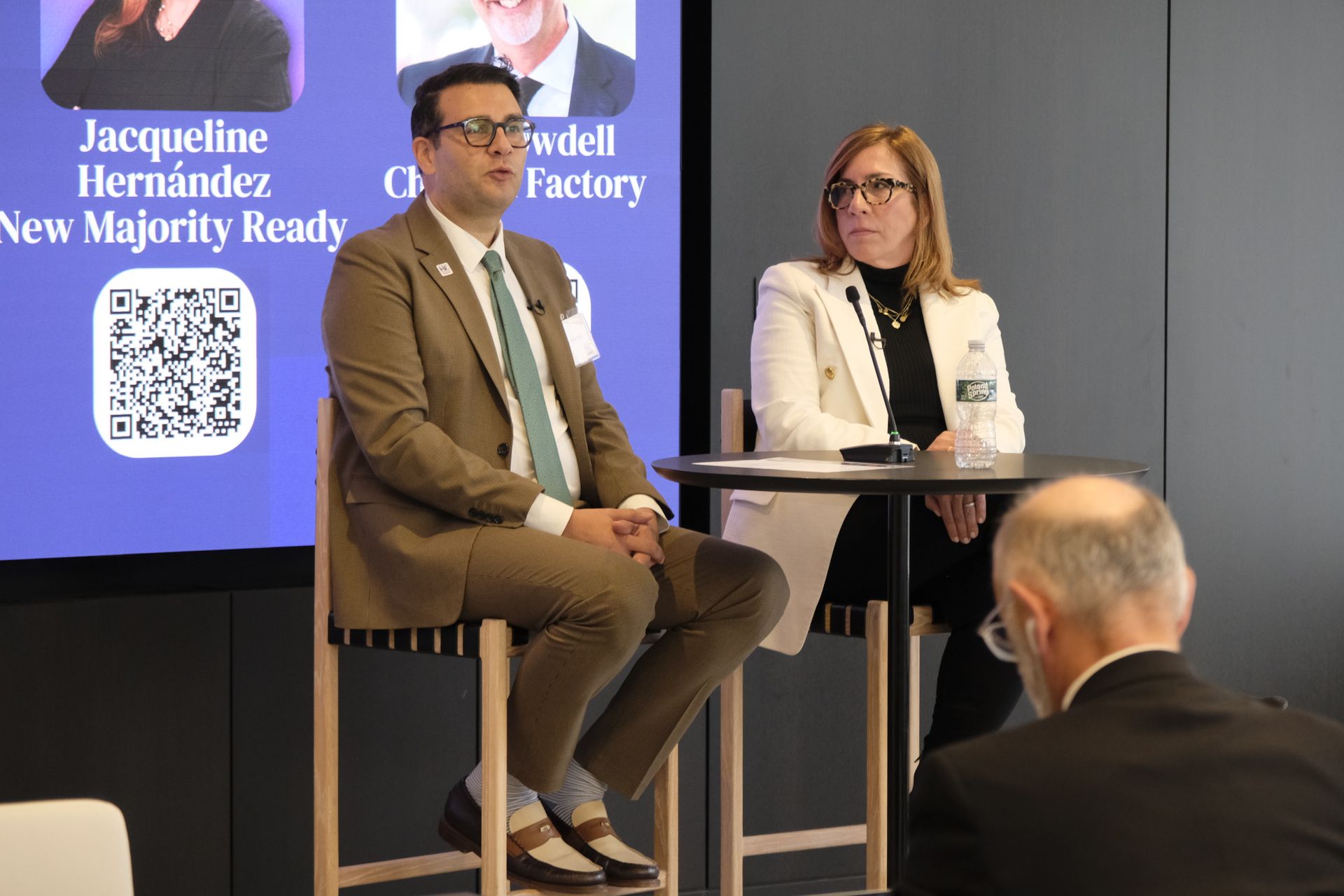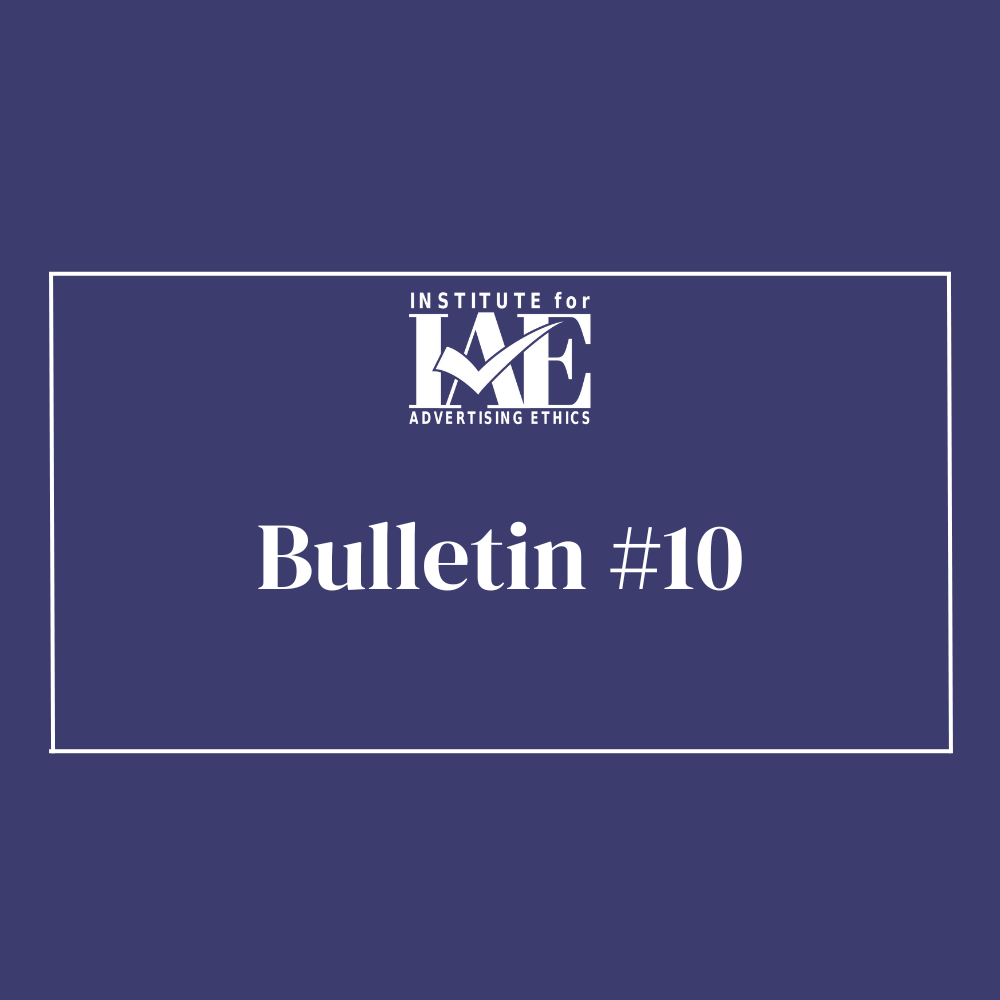Experts Debate “Where to Draw the Line” in Advertising Ethics, AI and Authenticity
At the Global Ethics Day conference, industry leaders and academics explored how artificial intelligence, advertising ethics and authenticity intersect — and where companies should draw the line between innovation and manipulation.
Esther Uhalte Cisneros of Google moderated the discussion, joined by Jackie Hernández, CEO of New Majority Ready, and Juan Mundel, associate professor at Michigan State University.
Mundel shared new research showing that brands pulling back from diversity, equity and inclusion efforts risk losing consumer trust. “We found that consumers actually feel a breach of ethicality, and that breach hurts purchase intentions — we’re seeing a 20% decline,” he said. “It’s a reminder that academia and industry need to talk more about the data behind these decisions.”
Hernández emphasized that ethics in advertising must evolve alongside technology. “Where you’re materially misleading a consumer is where I would see the thinking and the feeling that need to guide brand decisions,” she said.
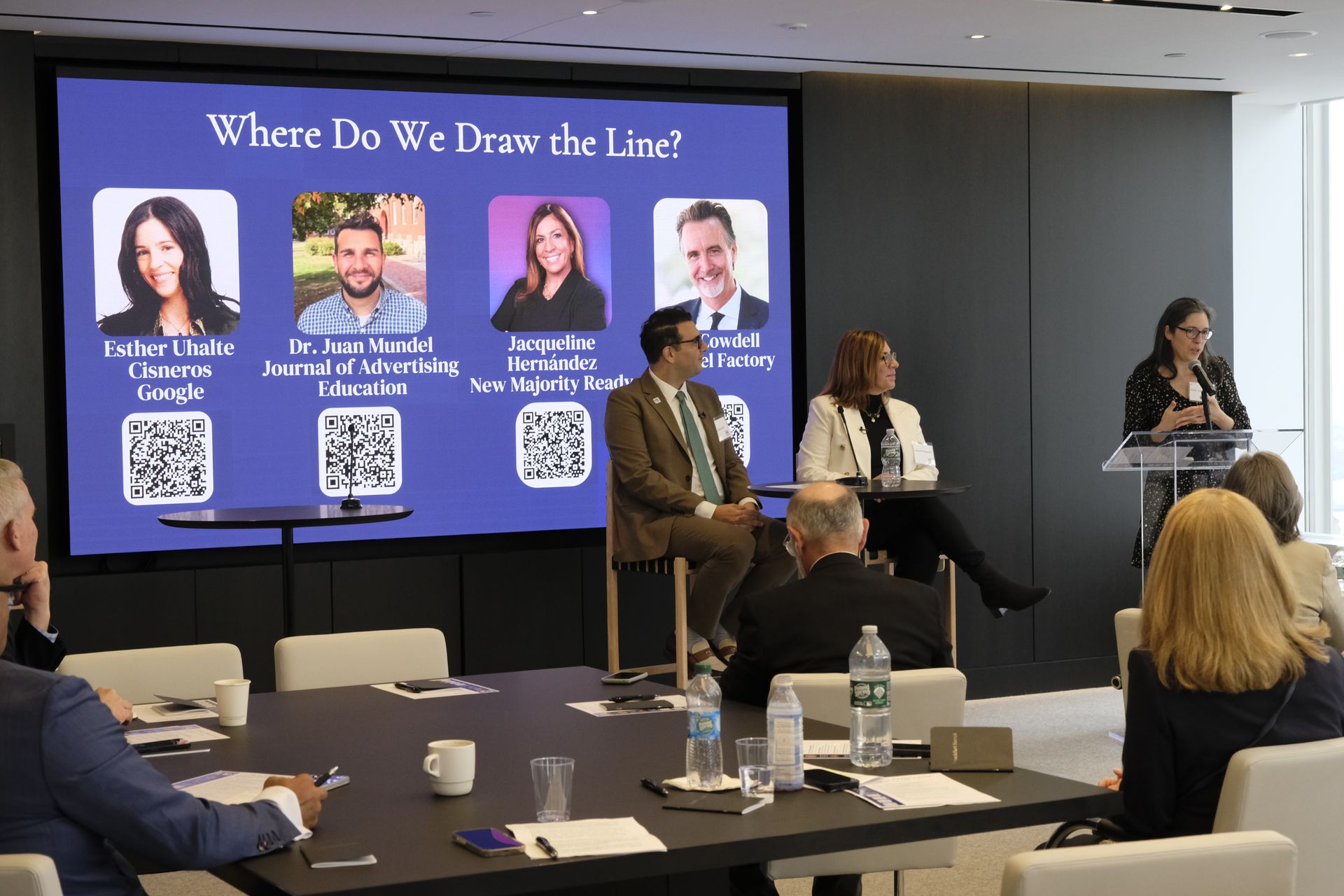
Cisneros reflected on the human role in emerging technologies. “AI knows, but AI doesn’t think and AI doesn’t feel,” she said. “That’s a line that’s helpful for me.”
Panelists agreed that while laws set the floor, ethics and transparency should set the ceiling. As Hernández put it, “Gen Z wants transparency. The more you let them know, the more they’ll trust you.”
Mundel concluded that true authenticity in advertising requires balance. “We’ve been living in a world that celebrates inauthenticity,” he said. “It’s time to understand what authenticity really means to consumers — and deliver it honestly.”
